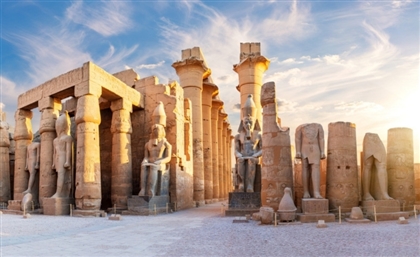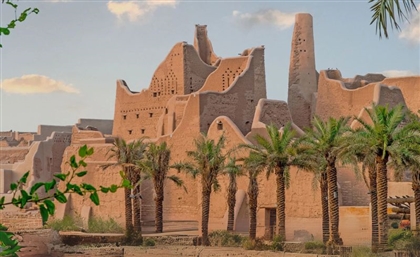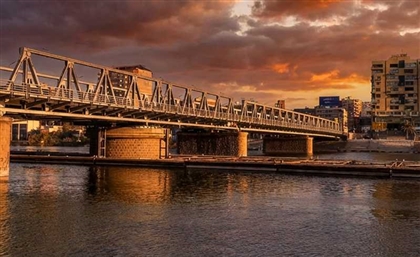Diriyah's Bab Samhan Named Heritage Conservation Project of the Year
Tucked within the UNESCO World Heritage Site of At-Turaif, Bab Samhan, a Luxury Collection Hotel, has been awarded Heritage Conservation Project of the Year for its quietly powerful restoration.
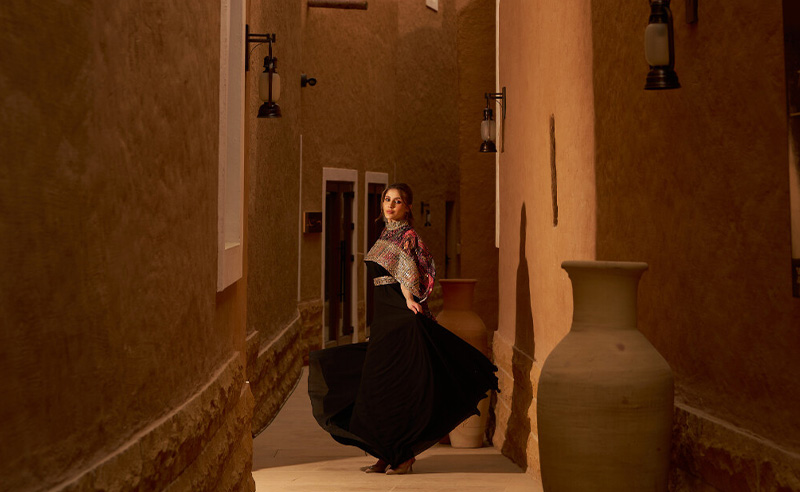
There’s a moment, just as the call to prayer floats over the ochre rooftops of At-Turaif, when Diriyah begins to feel like a memory you’ve stepped back into. The light softens over the mudbrick walls, the air thickens with the scent of cardamom and dust, and the silence, somehow, starts to speak.
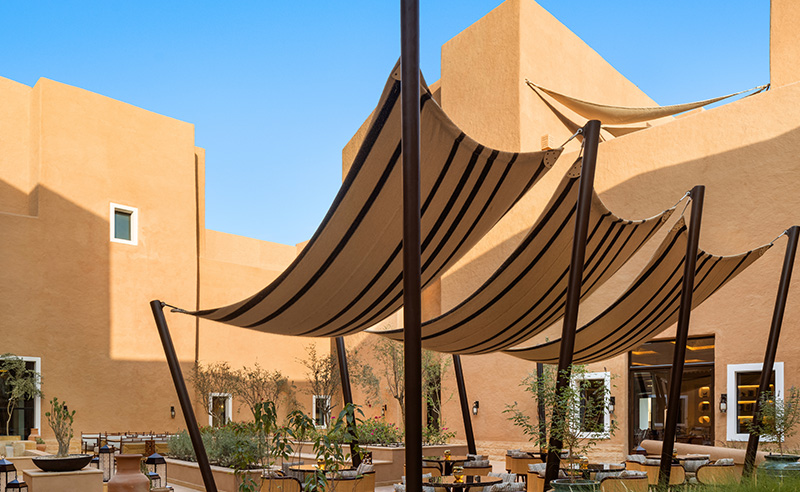
It’s here, at Bab Samhan — the first hotel to open in this storied district — that I found myself gently unravelled. Diriyah is the birthplace of the Saudi state, a UNESCO World Heritage Site whose restored adobe architecture now forms the backdrop of Riyadh’s most ambitious cultural renaissance. Once a fortified city on the edge of the Wadi Hanifah valley, its historic At-Turaif district was the stronghold of the Al Saud dynasty in the 18th century. Today, it is being reimagined with almost scholarly reverence: a living, breathing centrepiece of the Kingdom’s cultural ambitions.
Bab Samhan sits at the very edge of this vision. Built into the bones of a former royal guesthouse, the hotel is made up of a cluster of courtyards and corridors that feel like a rediscovered private home. The kind that belongs to someone who collects stories.
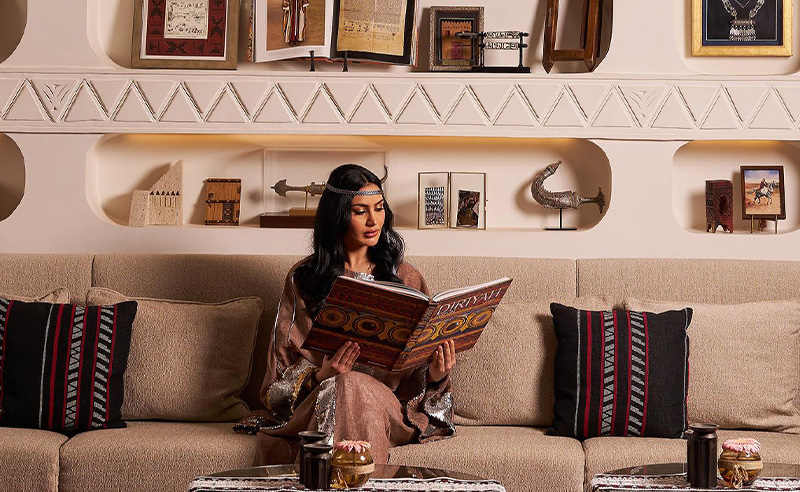
There are 134 rooms and suites, including 106 guest rooms and 28 suites, each designed to reflect the rich textures of Najdi heritage. Hand-dyed linens drape low wooden bedframes, ornamental lanterns cast latticework shadows across the walls, and local stone floors hold the day’s coolness well into the evening. Carved Najdi motifs appear in subtle, quiet ways - above a doorframe, across a mirror’s edge. Some suites open onto shaded terraces. Others frame glimpses of the old wadi, where the land still holds the shape of centuries past.
Mornings began with quiet walks through At-Turaif, where curated stillness invites you to notice the small things: the uneven grooves in the plaster, the soft tread of your footsteps against ancient stone.
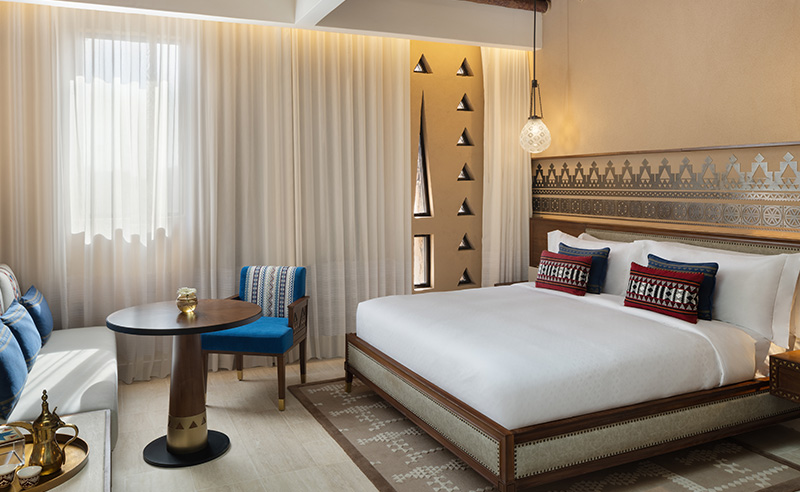
In the afternoons, the hotel’s shaded terraces became my anchor. One corner, cooled by a breeze from the valley, seemed made for quiet thinking. Another, closer to the kitchen, always carried a hint of spiced lamb or simmering lentils.
The hotel’s two dining spaces, Matal and Takya, follow the same philosophy as its design. At Matal, regional ingredients are elevated with subtle precision — date molasses glazed lamb, fresh figs, fragrant rice infused with saffron and rose. Takya, by contrast, leans toward a modern interpretation of traditional Najdi dishes, served in a more intimate, almost home-style setting. Both are led by chefs who understand that memory and not reinvention is the truest luxury. Dishes come without flourish, often served by hosts who will quietly tell you where the za’atar was sourced or which village still pounds the tahini by hand.
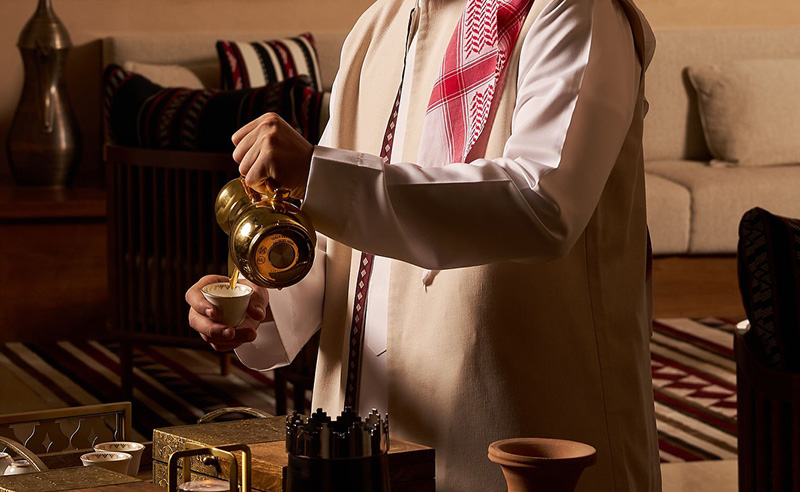
One evening, I joined a walking tour led by a local guide who’d grown up in the nearby town of Al-Uyaynah. He spoke less someone remembering a childhood spent exploring the ruins before they were restored. “We used to sneak into At-Turaif through the back,” he laughed. “Now look at it — the whole world is walking through.”
It’s no surprise, then, that Bab Samhan has recently been recognised for its role in protecting and celebrating this cultural legacy. The hotel was awarded Heritage Conservation Project of the Year at The Hospitality Awards. That award may sit in a polished frame somewhere near the reception, but its real proof is everywhere, in the worn stone underfoot, in the hand-carved lintels, in the rhythm of storytelling that carries through each space.
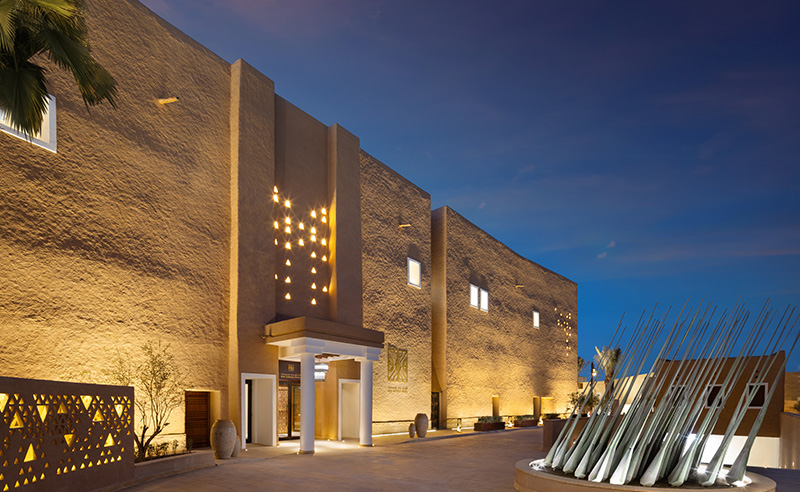
There is no spectacle. What Bab Samhan offers instead is something increasingly rare: clarity. As I checked out, the concierge handed me a small token — a bundle of frankincense wrapped in cloth, paired with a card inscribed with a line of ancestral poetry. These quiet gestures are threaded throughout a stay at Bab Samhan: subtle, rooted, and unforced. Even the turn-down service includes verses that pay homage to the region’s oral traditions, quietly affirming that hospitality here is inherited. I tucked the card into my passport. And for days after, whenever I opened it, I swore I could still smell the wadi air.
- Previous Article Lebanon’s MEA Launches Flights From Beirut to Istanbul, Cairo & Milan
- Next Article Inside Egypt’s Seven UNESCO World Heritage Sites
Trending This Month
-
Jan 31, 2026




